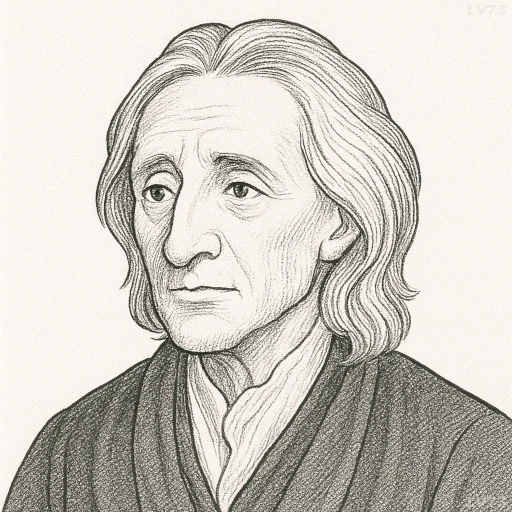“The improvement of understanding is for two ends: first, our own increase of knowledge; secondly, to enable us to deliver that knowledge to others.”

- August 29, 1632 – October 28, 1704
- Born in England (UK)
- Philosopher and political thinker
table of contents
Quote
“The improvement of understanding is for two ends: first, our own increase of knowledge; secondly, to enable us to deliver that knowledge to others.”
Explanation
In this quote, John Locke outlines two key purposes behind the improvement of understanding: the personal growth of knowledge and the sharing of that knowledge with others. For Locke, the pursuit of knowledge is not only about personal enrichment but also about communication and the benefit of others. The idea that knowledge should be both accumulated and disseminated reflects Locke’s belief in the value of education and reason, where understanding is not only a private asset but a public good. By improving our understanding, we are better equipped to contribute to society, influence others positively, and promote rational discourse.
Locke’s philosophical era, the 17th century Enlightenment, was marked by a burgeoning emphasis on reason, scientific inquiry, and the dissemination of knowledge. Locke himself was deeply involved in educational reform and believed that a person’s mental faculties should be developed through empirical learning and experience. He saw the improvement of understanding as a means of empowering individuals to not only improve their own lives but also to participate in and contribute to society. This view was revolutionary in an era where knowledge was often restricted to the elites or clergy, and Locke advocated for broader access to learning.
In modern contexts, Locke’s principle is still highly relevant, particularly in the fields of education and communication. The idea of sharing knowledge remains fundamental to educational practices and the spread of scientific knowledge. For example, researchers today often publish their findings to allow others to build upon their work, leading to collective advancement. Locke’s notion also plays a key role in public discourse, where the sharing of ideas fosters societal progress. In an age of digital communication, this idea of not just gaining knowledge but using it to inform and educate others has become even more crucial, whether through teaching, writing, or digital media.
Would you like to share your impressions or related stories about this quote in the comments section?

